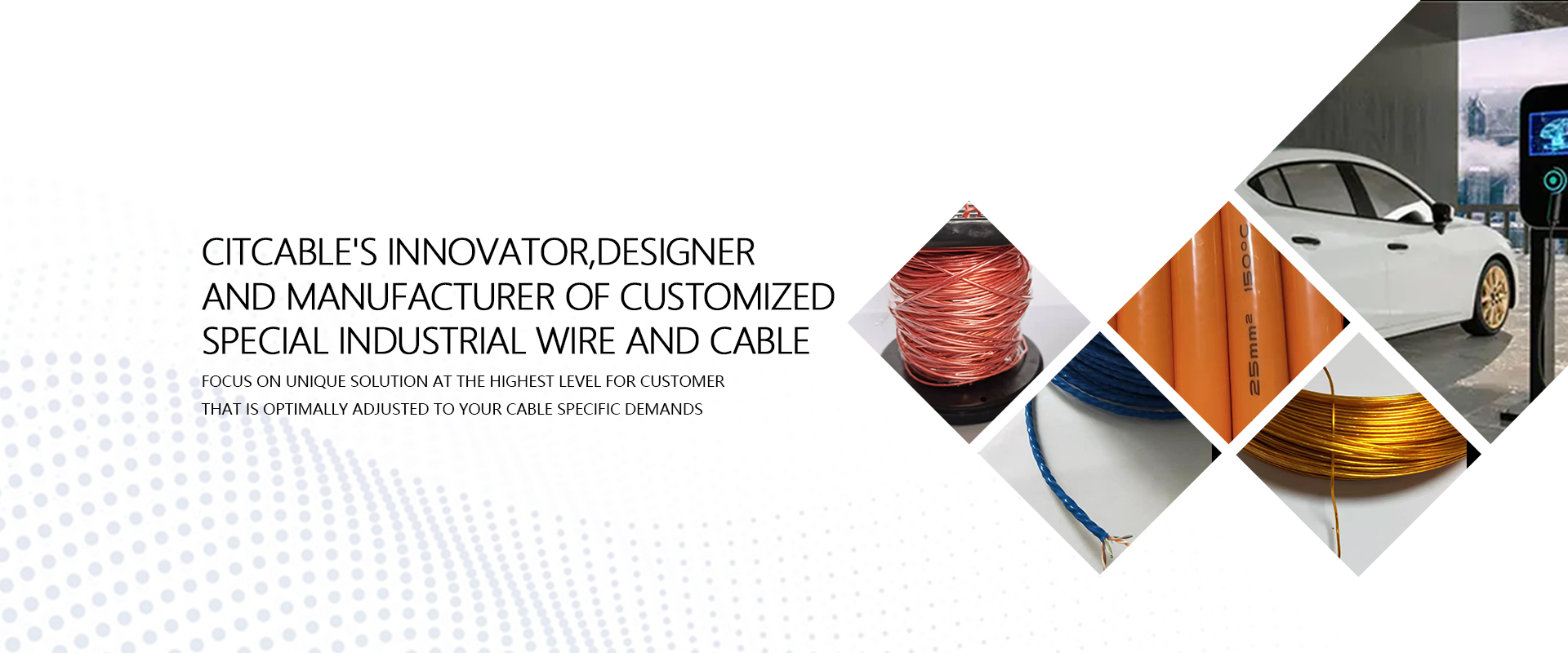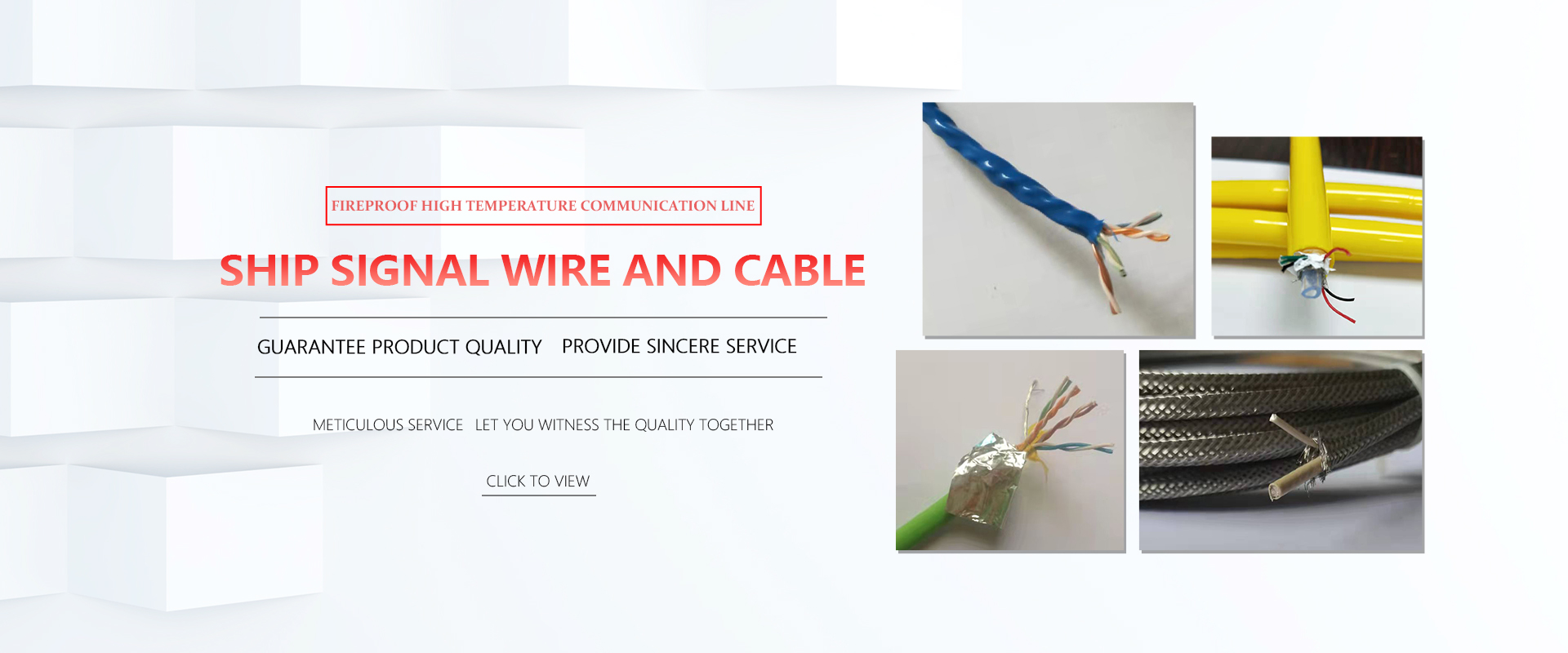The Essential Guide to Automotive Cables: Enhancing Performance and Safety with CITCable
Automotive cables are critical components in modern vehicles, ensuring efficient and reliable electrical connections. CITCable, a leading manufacturer, offers top-quality automotive cables designed to meet the rigorous demands of the automotive industry. This blog delves into the key features, benefits, and applications of automotive cables.
What is an Automotive Cable?
An automotive cable is specifically designed for use in vehicles, providing the necessary electrical connections between various components. These cables are engineered to withstand the harsh conditions of automotive environments, including temperature extremes, vibrations, and exposure to chemicals. Automotive cables play a vital role in ensuring the functionality and safety of a vehicle’s electrical system.
Key Features of Automotive Cables
-
High-Temperature Resistance: Automotive cables are designed to withstand high temperatures, which is essential for maintaining performance in the engine compartment and other hot areas of the vehicle.
-
Durability: These cables are built to endure the demanding conditions of automotive environments. They feature robust construction that resists abrasion, corrosion, and mechanical stress.
-
Flexibility: Automotive cables must be flexible to facilitate easy installation and routing within the tight spaces of a vehicle.
-
Chemical Resistance: Exposure to oils, fuels, and other chemicals is common in automotive applications. Automotive cables are made with materials that resist chemical degradation, ensuring long-term reliability.
-
Superior Electrical Conductivity: Despite their robust construction, automotive cables maintain excellent electrical conductivity, ensuring efficient power transmission and signal integrity.
Types of Automotive Cables
-
Battery Cables: These cables connect the battery to the vehicle’s electrical system, providing the necessary power for starting the engine and running electrical components.
-
Ignition Cables: Ignition cables, or spark plug wires, transmit high-voltage electricity from the ignition coil to the spark plugs, igniting the fuel-air mixture in the engine.
-
Sensor Cables: Sensor cables connect various sensors within the vehicle to the electronic control unit (ECU), transmitting critical data for monitoring and controlling vehicle functions.
-
Control Cables: These cables are used to control various mechanical systems within the vehicle, such as throttle, brake, and transmission systems.
-
Lighting Cables: Lighting cables provide the electrical connections for the vehicle’s lighting system, including headlights, tail lights, and interior lights.
Applications of Automotive Cables
-
Engine Compartment: Automotive cables in the engine compartment must withstand high temperatures and vibrations. They connect critical components such as the battery, alternator, and sensors.
-
Dashboard and Controls: These cables connect the dashboard controls and display systems to the vehicle’s electrical system, ensuring the proper operation of instruments and controls.
-
Lighting Systems: Automotive cables are used extensively in the vehicle’s lighting systems, providing power to headlights, brake lights, indicators, and interior lighting.
-
Infotainment Systems: Modern vehicles are equipped with advanced infotainment systems that require reliable automotive cables to connect audio, video, and communication devices.
-
Safety Systems: Safety systems such as airbags, ABS, and electronic stability control rely on automotive cables to transmit signals and power to the necessary components.
Benefits of Using CITCable Automotive Cables
-
Enhanced Reliability: CITCable’s automotive cables are designed to provide reliable performance under the harsh conditions typical in automotive environments.
-
Increased Safety: By ensuring robust and secure electrical connections, CITCable’s automotive cables enhance the overall safety of the vehicle’s electrical system.
-
Long-Term Durability: The high-quality materials and construction of CITCable’s automotive cables ensure long-term durability, reducing the need for frequent replacements.
-
Optimal Performance: With superior electrical conductivity and resistance to environmental factors, CITCable’s automotive cables ensure optimal performance of the vehicle’s electrical systems.
-
Cost-Effective Solutions: Investing in high-quality automotive cables from CITCable can lead to cost savings over time due to their reliability and reduced maintenance requirements.
Why Choose CITCable for Automotive Cables?
CITCable is a trusted manufacturer of automotive cables, known for its commitment to quality and innovation. Our automotive cables are designed to meet the highest industry standards, ensuring reliable performance and long-term durability. With a focus on customer satisfaction, CITCable provides tailored solutions to meet the specific needs of automotive manufacturers and suppliers.
Conclusion
Automotive cables are essential for the reliable and safe operation of a vehicle’s electrical system. CITCable offers a comprehensive range of automotive cables designed to withstand the challenging conditions of automotive environments. Whether for the engine compartment, dashboard, or lighting systems, CITCable’s automotive cables provide the performance and reliability needed for modern vehicles.





